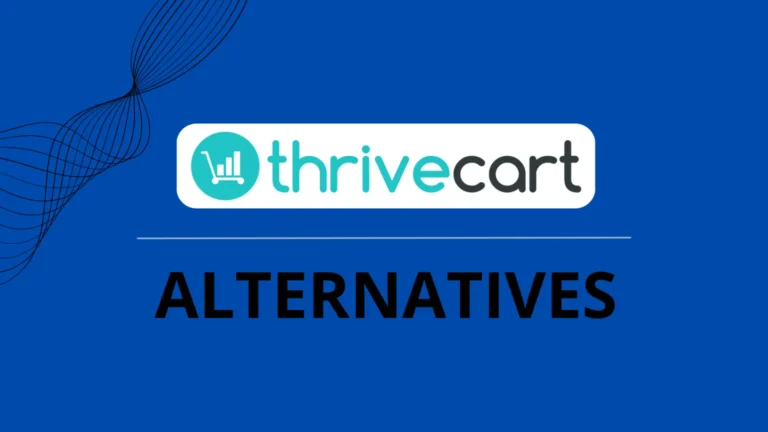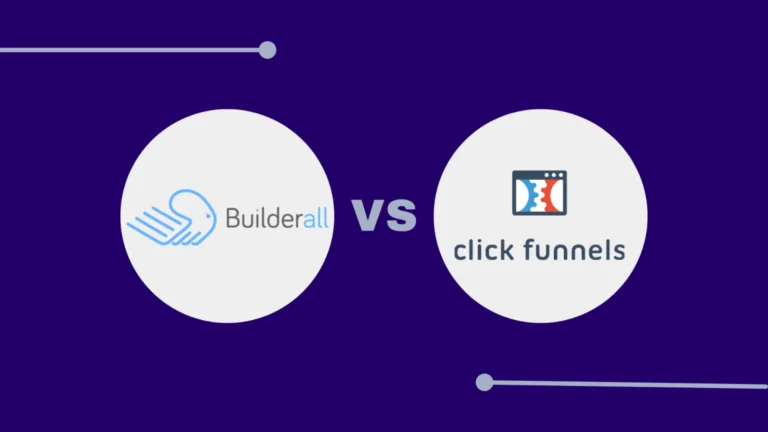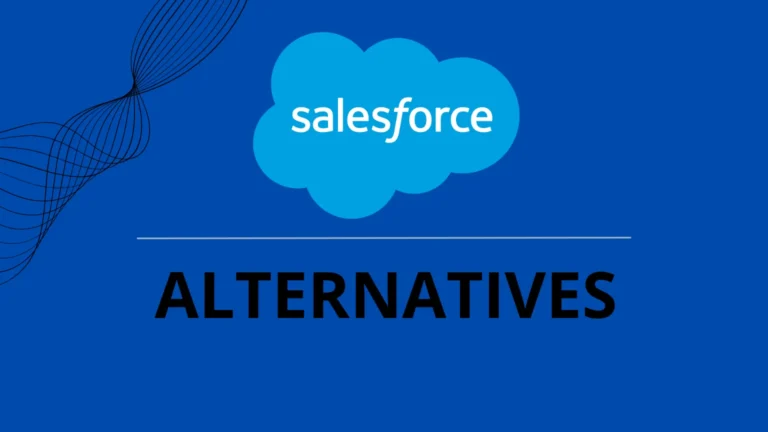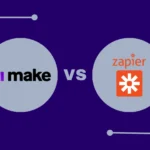Zoho has long been a popular choice for small businesses looking for an all-in-one business management solution. Its suite of applications, ranging from CRM to email marketing and project management, has helped countless entrepreneurs streamline their operations. However, Zoho’s pricing or feature set might not suit everyone. If you’re on the hunt for affordable alternatives, you’re in luck. In this article, I’ll explore some excellent Zoho alternatives that are budget-friendly and tailor-made for small businesses.
Having worked with several tools in my digital agency, I understand how overwhelming it can be to choose the right software. Let me guide you through some of the best options.
1. HubSpot CRM
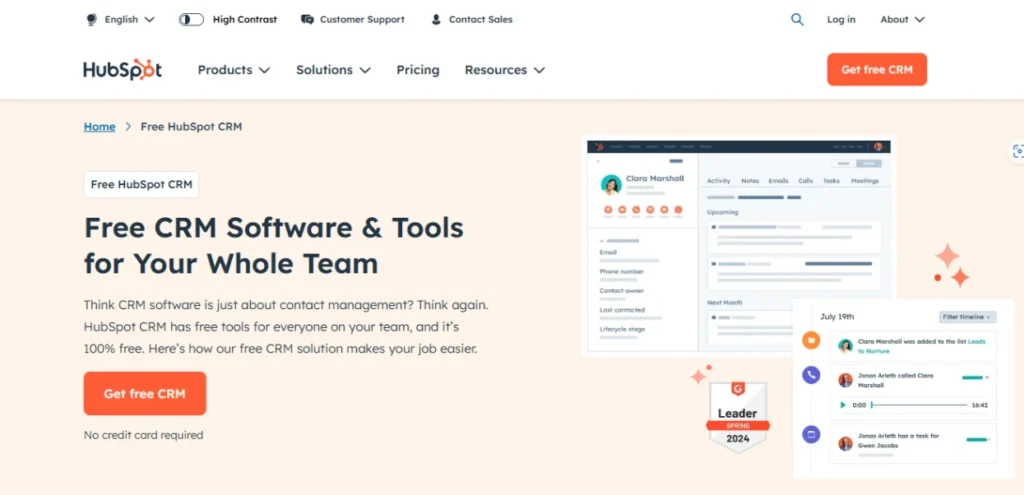
Why It’s a Great Alternative: HubSpot CRM is one of the best free CRMs available, offering robust features for small businesses. While its core CRM is free, you can scale up with additional marketing, sales, or service modules as needed.
Features:
- Contact and lead management.
- Email tracking and deal pipelines.
- Marketing tools like email campaigns and forms.
- Integration with other HubSpot tools and third-party apps.
Pricing: The basic CRM is free forever. Paid modules for marketing, sales, or service start at $50/month each.
Personal Insight: I’ve recommended HubSpot CRM to startups that needed an easy-to-use system without upfront costs. Its simplicity ensures a quick learning curve, which is perfect for businesses with limited tech expertise.
2. Bitrix24
Why It’s a Great Alternative: Bitrix24 is an all-in-one platform offering CRM, project management, communication tools, and even website creation. It’s ideal for small businesses that need a collaborative space to manage tasks and client relationships.
Features:
- Free plan for up to 12 users.
- CRM with lead and deal tracking.
- Task and project management.
- Team communication through chat and video calls.
- Built-in contact center for customer support.
Pricing: The free plan is generous, but paid plans start at $39/month for expanded features, making it a cost-effective option.
Personal Insight: I used Bitrix24 for a client project involving multiple team members. The task management feature kept everyone on the same page, and the built-in chat eliminated the need for a separate communication tool.
3. Insightly
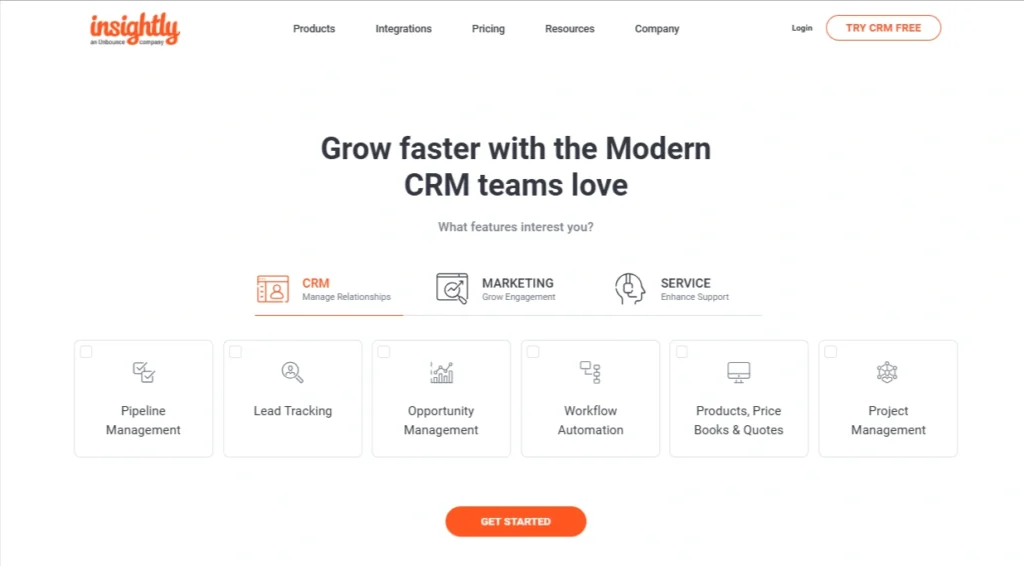
Why It’s a Great Alternative: Insightly combines CRM and project management, making it a versatile option for small businesses. It’s especially useful for teams managing both client relationships and projects simultaneously.
Features:
- Contact and lead management.
- Task and project tracking.
- Email integrations with Gmail and Outlook.
- Automation for workflows.
Pricing: Plans start at $29/user/month, but you can try it free for 14 days.
Personal Insight: I’ve found Insightly particularly helpful when managing web design projects. Its integration with Gmail made client communications seamless, and the task tracking ensured deadlines were never missed.
4. Freshsales (by Freshworks)
Why It’s a Great Alternative: Freshsales is a powerful CRM focused on sales automation and customer management. It’s an excellent alternative for small businesses focused on improving their sales processes.
Features:
- AI-driven lead scoring.
- Built-in email and phone tools.
- Visual sales pipelines.
- Integration with other Freshworks products like Freshdesk.
Pricing: Free plan available for small teams, with paid plans starting at $15/user/month.
Personal Insight: I tried Freshsales for a short-term campaign, and the lead scoring feature was surprisingly accurate. It helped me focus on high-priority leads, which boosted the campaign’s results.
5. Monday.com
Why It’s a Great Alternative: While Monday.com is primarily a project management tool, it can double as a CRM with a little customization. It’s an excellent choice for small businesses that need flexibility.
Features:
- Highly customizable boards for tracking projects or customer relationships.
- Team collaboration features.
- Automations to reduce manual tasks.
- Integration with popular tools like Slack, Google Workspace, and Zapier.
Pricing: Plans start at $8/user/month.
Personal Insight: I used Monday.com to manage a large-scale client redesign project. The visual interface made it easy to track progress, and automations saved us hours of repetitive work.
6. Pipedrive
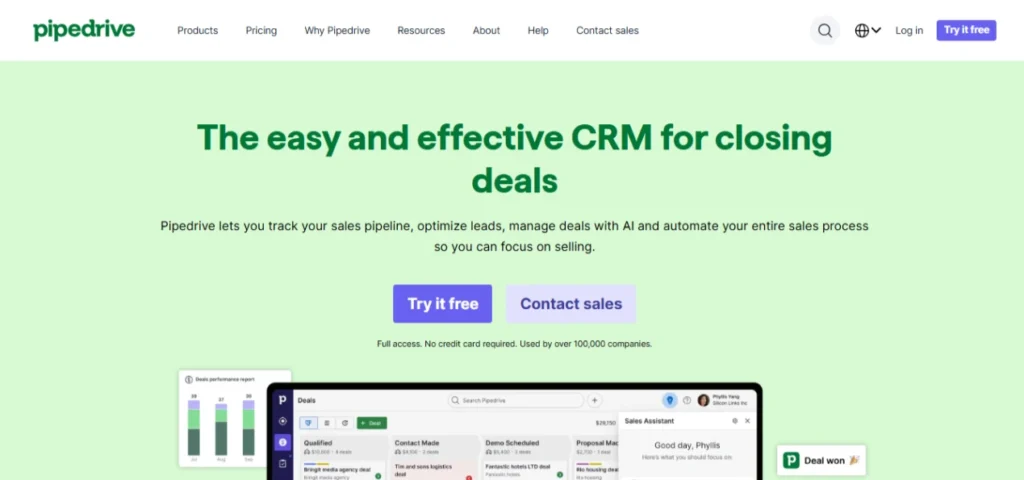
Why It’s a Great Alternative: Pipedrive is a sales-focused CRM that helps small businesses streamline their sales processes. Its user-friendly interface and automation tools make it a favorite among sales teams.
Features:
- Visual sales pipeline.
- Email and call tracking.
- Workflow automation.
- Customizable dashboards and reports.
Pricing: Plans start at $14.90/user/month when billed annually.
Personal Insight: One of my clients, a small e-commerce brand, used Pipedrive to manage their B2B sales leads. The visual pipeline was intuitive and kept their team motivated to close deals faster.
N.B.: The prices of any plan may change over time. Visit each platform’s official website for the most up-to-date information.
How to Choose the Right Tool for Your Business
When deciding on a Zoho alternative, consider the following:
- Your Primary Needs: Are you looking for a CRM, project management tool, or an all-in-one platform?
- Team Size: Ensure the tool supports the number of users on your team.
- Budget: Look for tools with free plans or affordable pricing that align with your financial capacity.
- Ease of Use: Choose a platform with a user-friendly interface to minimize the learning curve.
Final Thoughts
Zoho is undoubtedly a fantastic platform, but it’s not the only option. Affordable alternatives like Bitrix24, HubSpot CRM, and Insightly offer robust features tailored to the needs of small businesses. By identifying your requirements and testing free trials, you can find a tool that not only fits your budget but also enhances your workflow.
From my experience, the best tool is the one that feels intuitive to you and your team. Software should simplify your operations, not complicate them. Take the time to explore these alternatives and find the one that empowers your business to grow.
If you’ve tried any of these platforms or have other recommendations, I’d love to hear your thoughts in the comments below. Let’s help each other find the perfect fit!


